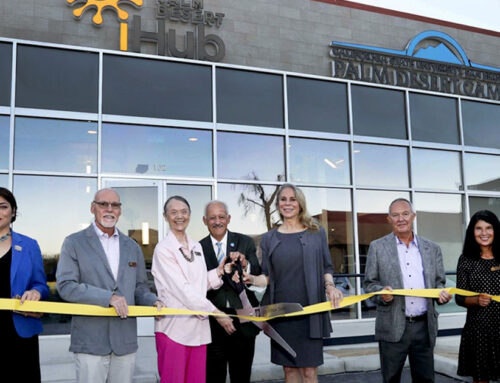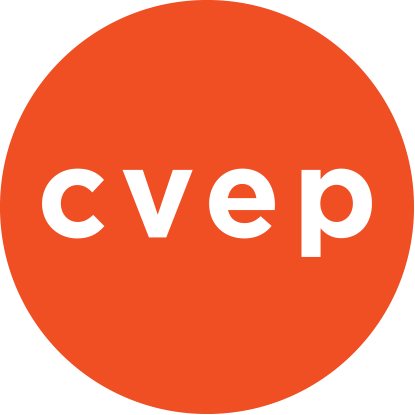This month, amidst the stay-at-home orders of COVID-19, CVEP hosted its first-ever virtual Small Business Forum. The topic, SEO and Search Marketing, was more timely than ever. Many businesses have been temporarily forced to operate from a digital storefront instead of a physical one. A physical storefront will get foot traffic if it’s well-located, and similarly, a digital storefront must learn how to make itself well-located online.
We asked the team at Rook SEO to help our audience understand the basics of SEO and search. Short for Search Engine Optimization, SEO can seem like a complicated and technical process. And in some ways, it is. Search engines like Google use complicated – and ever-changing – algorithms in order to determine which websites should appear higher in search rankings.
Think of it this way: when you are looking for a product online, do you often need to go to the 4th, or 12th, or 20th page of Google to find what you need? Probably not. That’s because Google’s search algorithms are smart enough to know that if you’re sitting in Indio and searching for hamburgers, you probably don’t need to see the results for hamburger restaurants in North Carolina. You want to see the ones near you.
It is incumbent upon you to make sure Google has what it needs to be able to present your business as a relevant result. Rich Henrich and Paul Gonzalez from Rook SEO offered a wealth of information and tips. While dozens of ideas were presented during our Small Business Forum, we’ve shared three of their easiest-to-implement tips here.
Think Back to Your School Days
The earliest versions of search engines were designed to help sort and catalog research papers. To this day, Google still looks at pages with a professorial eye to help determine the quality of the page. Think of your web page as a really good research paper: it should have an introduction (or opening paragraphs); a body (of information); and a conclusion (which for a business, might be a call-to-action). Structure your pages in this way, and your content will be ranked higher.
On-Page vs. Off-Page
There are both internal and external factors that can influence how well your site ranks on Google. On-Page SEO refers to things that are totally within your control: things like your title, description, and keywords. Off-Page SEO comes down primarily to one key thing: links to your page. When other pages link to your site – especially pages that rank well themselves – your own ranking goes up. This is where the quality of your content becomes important. Unique, valuable content is more likely to be linked to from other reputable sites.
The #1 Tool in Your Toolkit
While there are many options for you to optimize your page and improve your online visibility, there’s one that can bring more benefit than the rest. That tool is Google My Business. Google My Business is a free tool that allows your business to create a profile, interact with customers who leave Google Reviews, appear on Google Maps, and more.
The handful of tips offered here are designed to inspire you to pay attention to whether potential customers are able to find you online. As with anything technology-related, there will always be more to learn. And even if things are feeling frantic and urgent right now, you still need to take time to get the basics right so that customers are driven to your website.
Note: For a limited time, Rook SEO is offering complimentary virtual consultations to aid businesses impacted by COVID-19. Email Rich@RookSEO.com for more information.








